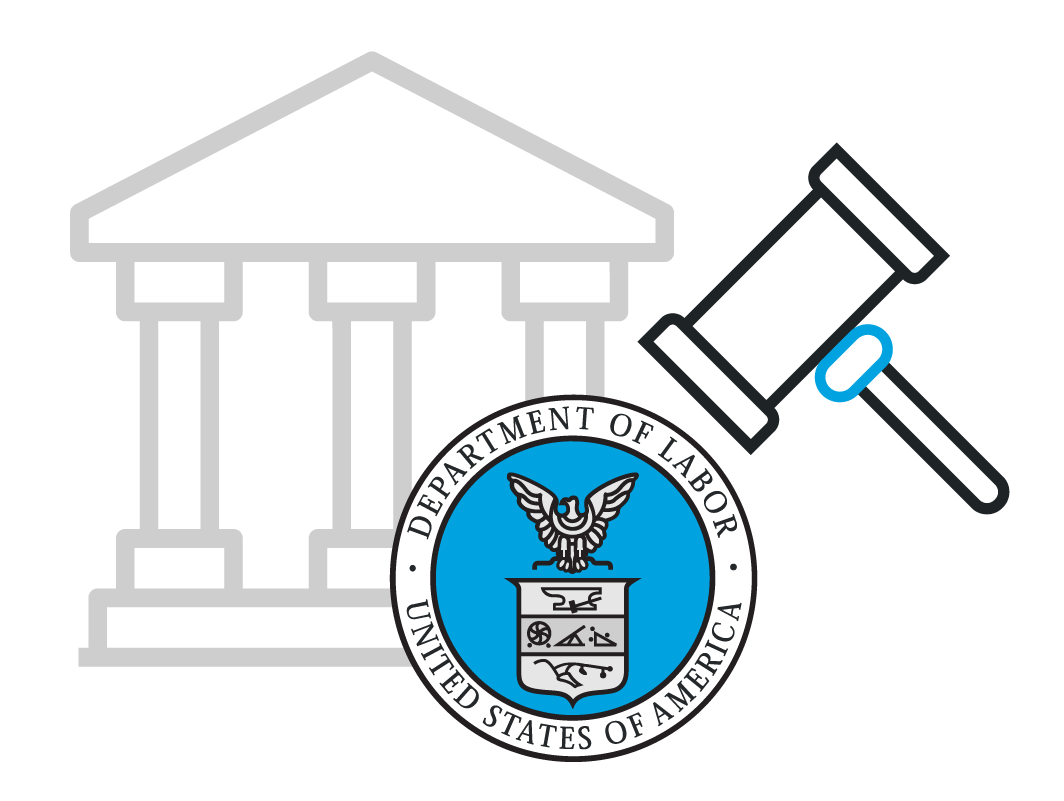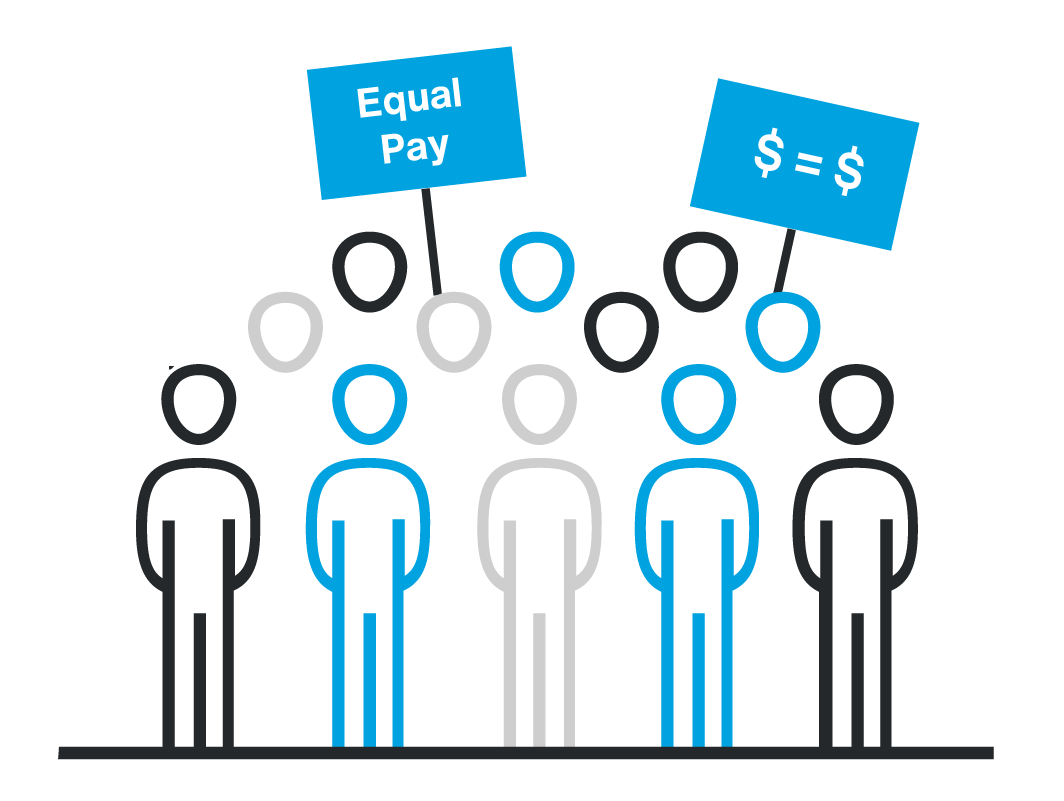
![]()
The Women’s National Basketball Association (WNBA) just announced a tentative deal that would boost player pay, guarantee full salaries while on maternity leave, and provide other important benefits.
In an interview with the Associated Press, the WNBA Commissioner called the deal “historic.”
Sports have long been a platform for social progress. Recent efforts by the USA Women’s National Team to advocate for equal pay for women’s soccer professionals, including filing a gender discrimination lawsuit against the United States Soccer Federation, have raised awareness of the societal gender pay gap. In a personal essay for the Player’s Tribune, Golden State Warriors superstar Stephen Curry wrote about the society he envisions for his daughters:
“I want them to grow up in a world where their gender does not feel like a rulebook for what they should think, or be, or do. And I want them to grow up believing that they can dream big, and strive for careers where they’ll be treated fairly.
And of course: paid equally.”
The WNBA is the latest in a growing field of athletes and teams to make a major statement about pay equity. According to Sports Illustrated, major highlights of the new deal include raising the player salary cap from $1,000,000 to $1,300,000, better travel arrangements, a childcare stipend, and workplace accommodations for new mothers.
While this is a major step forward for professional sports, the average gender wage gap across the U.S. remains at approximately 80.7 cents per dollar. Undoubtedly, other industries will take note of the WNBA agreement and consider whether their current compensation structures are equitable.
For businesses that want to be proactive on issues of pay equity, legal and human capital experts recommend a comprehensive pay equity audit. A pay equity audit can identify pay differences between employees that cannot be explained due to job-related factors. It is a multi-disciplinary effort that requires extensive domain knowledge expertise in labor law across various jurisdictions, such as econometrics, statistics and statistical modeling, workforce data management, and knowledge of regulatory audit processes by agencies such as the OFCCP and EEOC. Armed with the critical insights gleaned from a pay equity audit, employers can be confident their efforts to remediate pay equity issues are effective.



